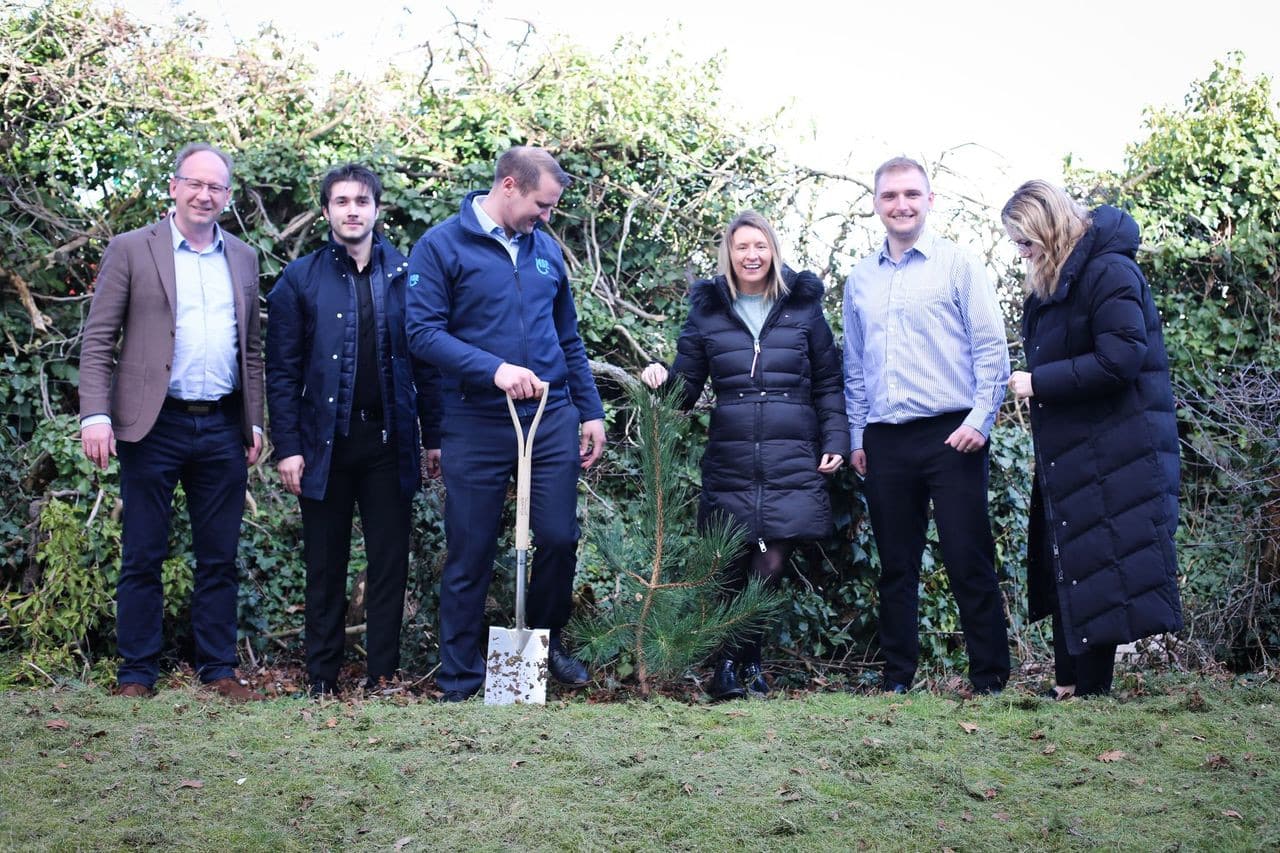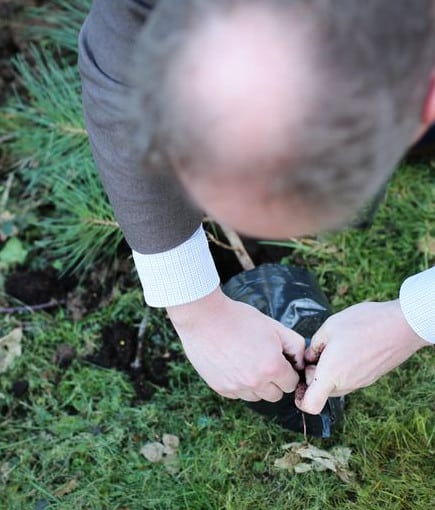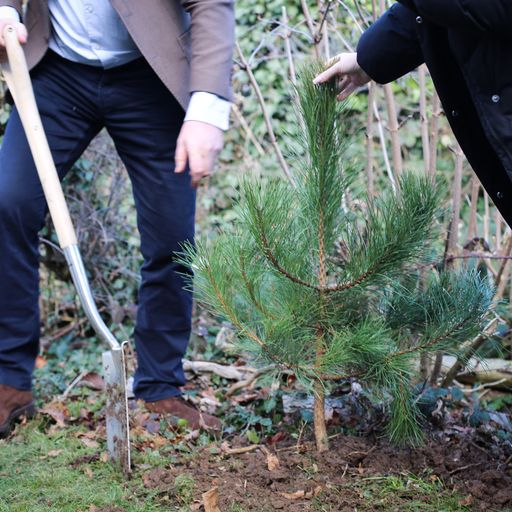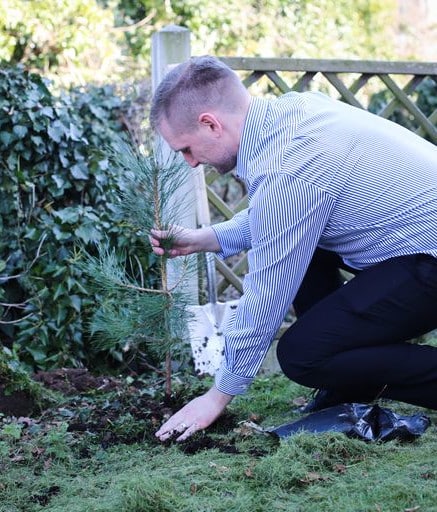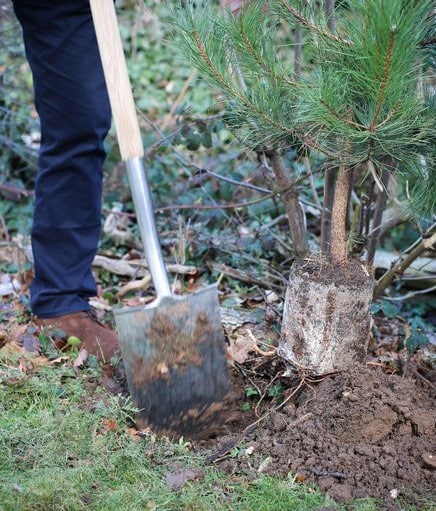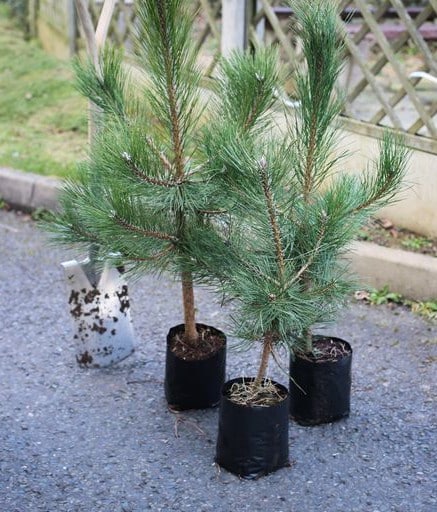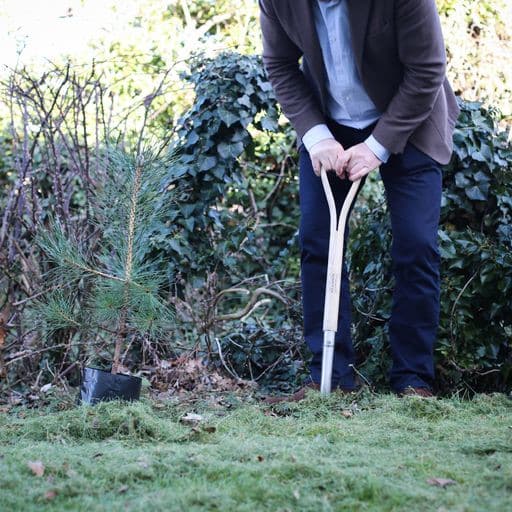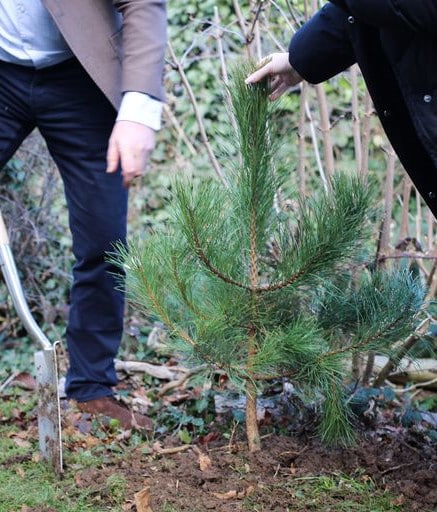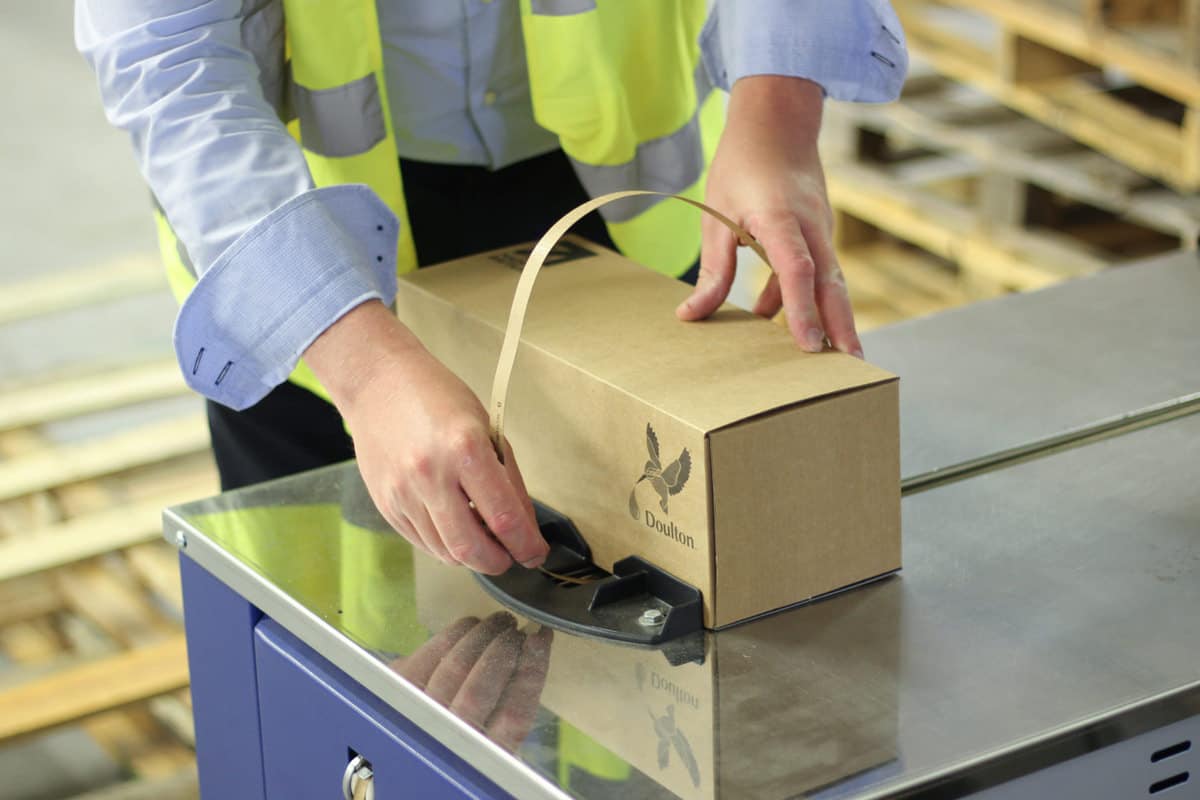Why act now?
Woodlands provide a diverse and unique habitat that hosts thousands of species. From the tips of trees’ flourishing canopies to their extensive network of underground roots, mammals, birds, invertebrates, plants, lichens, and fungi rely on the varied structure of woodlands. Trees not only support wildlife, but they also help sustain healthy ecosystems, regulate climate, and protect soils, playing a significant role in aiding nature’s recovery.
Creating more woodlands will enable us to restore and reconnect England’s wooded landscape, which currently covers only 10% of our land, compared to the European average of 40% forest cover. By creating larger wooded habitats, we can expand and connect crucial wildlife corridors on a transformative scale, with each and every tree giving nature a fighting chance to recover.
Biodiversity is facing a crisis, with one million species globally on the brink of extinction. Nature is under increasing pressure from population growth, industrial pollution, intensive land use, and climate change, resulting in the decline and fragmentation of our natural habitats. The UK is now considered one of the world’s most nature-depleted countries, with over 40% of species declining, including many important insect pollinators. To support nature’s recovery on a transformative scale, we can protect, restore and expand existing woodland habitats, which are home to a diverse range of plant and animal species (Forestry Commission, 2022).

